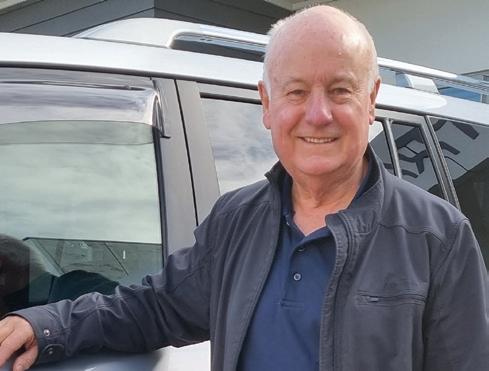
1 minute read
Council blocks sharing of consent-application info
Lists of resource-consent applications are being withheld from general circulation on the instruction of Auckland Council officials.
Devonport-Takapuna Local Board members are supplied weekly with lists of resource-consent applications for the local-board area.
Until recently, these have been sent on by some board members to local groups and the news media to alert them of any applications of wider public interest.
But council staff say the practice must stop. Board members have been told they are sent the lists “on a complementary basis” to help them carry out their duties, “and it was not intended that this information be shared”.
Any member of the public, company or entity could subscribe to reports at a cost of more than $1600 a year, the council said.
Board member George Wood, who has previously passed on the lists, considers the new ruling illogical.

“It seems crazy to me. Board members have been doing the right thing for people by letting the community know what consents are coming through for their neighbourhoods,” Wood said. asking council what part of the law it was falling back on to institute the ban.
All council information was public unless there was a reason to withhold it.
He suspected the monetary payments –“council having its pound of flesh” – were probably behind the council decision.
Wood said he would continue pushing to “unravel the rules” to see if the consents should be confidential.
Devonport Heritage co-chair and former board member Trish Deans is also appalled by the change. “The role of the local board is to act in an open and transparent manner.”
Deans said that when she was a board member, she had checked with council planning chiefs on whether the information could be passed on to interest groups and had been assured she could do so.
“Their only concern was that professionals, such as architects, would need to pay a fee to have access to this information.”
The ruling put board members in an awkward situation: knowing about lodged resource consents, but not being able to inform ratepayers, Wood said. He would be
She said Devonport Heritage had had access to the information for many years through local board members and, previously, community boards.









